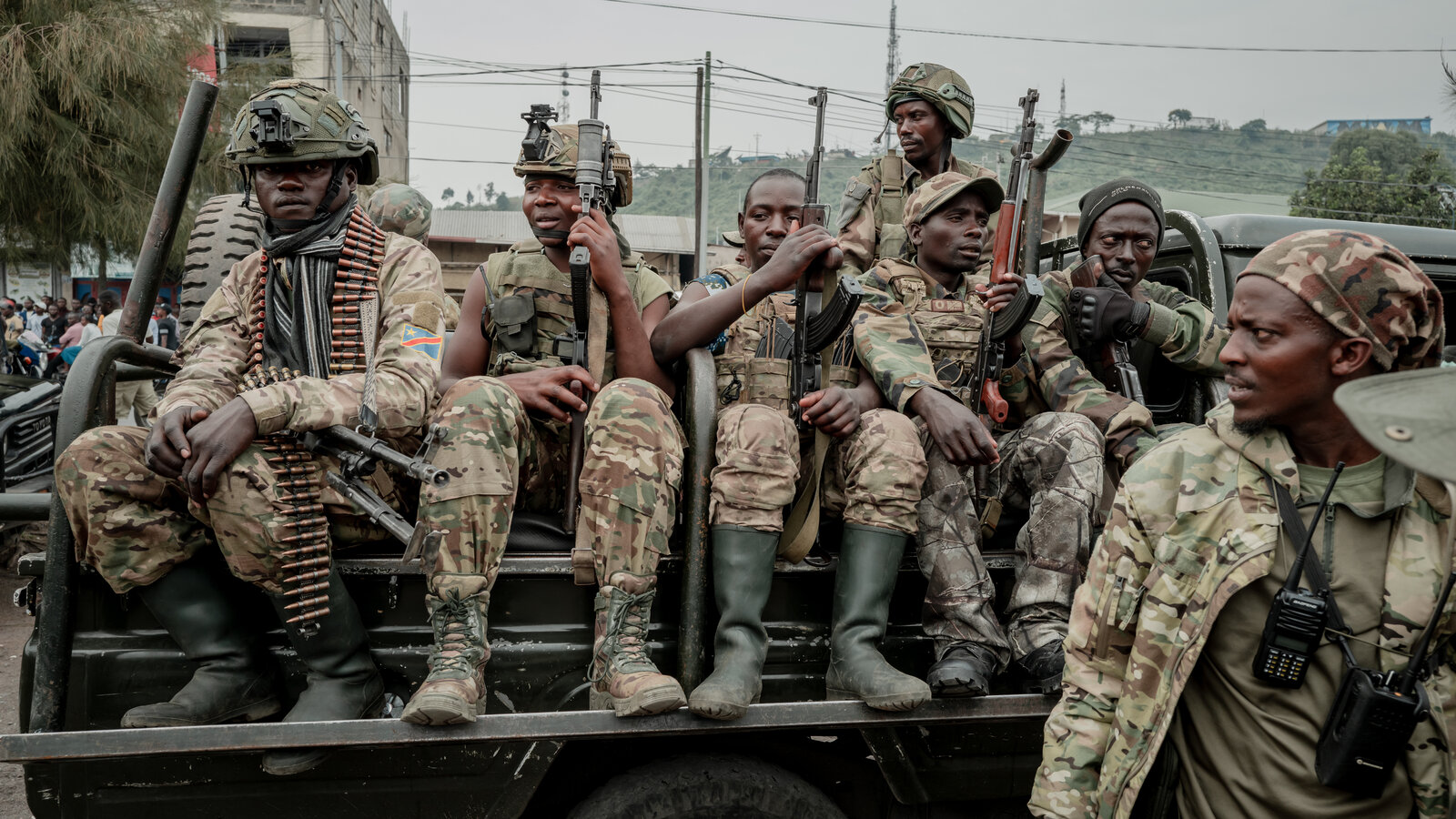
S&P Global Ratings has cautioned that the intensifying conflict between Rwanda and the Democratic Republic of Congo (DRC) could negatively impact their credit ratings, as the economic strain of war weakens both nations.
- Intensifying Rwanda-DRC conflict could impact credit ratings negatively.
- Rwanda risks losing foreign aid, critical for its budget.
- DRC may experience stretched finances due to increased defense expenditures.
S&P Global Ratings has cautioned that the intensifying conflict between Rwanda and the Democratic Republic of Congo (DRC) could negatively impact their credit ratings, as the economic strain of war weakens both nations.
According to the rating agency, Rwanda risks losing foreign aid, a critical component of its budget, while the DRC could see its finances stretched thin due to increased defence expenditures.
The presence of a Rwanda-backed rebel group destabilizing eastern Congo has further heightened concerns about a broader regional conflict, Reuters reported.
DON’T MISS THIS: President Kagame denies knowledge of Rwandan troops in DRC as violence escalates
“Regional security tensions have long posed downside risks to the ratings on both sovereigns but the M23 rebel advance into Goma” and their ongoing offensive have intensified these risks, S&P said.
Clashes in eastern Congo persisted on Thursday as M23 rebels advanced toward Bukavu in South Kivu province.
S&P Global Ratings warned that continued fighting could widen Congo’s budget deficit and deter foreign investment. At the same time, Rwanda may face reductions in concessional loans and donor funding due to growing international condemnation of its alleged involvement in the conflict. According to S&P, the economic impact on Rwanda could be “significant. “
“Rwanda’s substantial economic growth stems from large-scale public investment, almost exclusively financed through concessional financing and donor support,” it said.
According to S&P Global Ratings, Rwanda’s economic growth slowed significantly after foreign aid cuts followed the M23 rebellion in 2012, dropping from 8.6% in 2012 to 4.8% in 2013. The agency warned that a similar reduction in aid due to the ongoing conflict could lead to further economic instability.
Rwanda currently holds a $620 million Eurobond maturing in 2031, and S&P cautioned that prolonged conflict could trigger currency depreciation and increase debt servicing costs. Rwanda, however, denies backing the M23 rebels or having troops in eastern Congo.
DON’T MISS THIS: 10 most peaceful African countries in 2024
M23 claims its fight is for the rights of Tutsis and other Kinyarwanda speakers in Congo. However, the Congolese government argues that the group—and Rwanda—are more focused on exploiting its rich mineral resources, including gold, tin, tungsten, and tantalum.
Despite Congo’s vast natural wealth, much of it is smuggled into neighbouring countries, limiting its economic benefits. Nevertheless, S&P noted that the immediate economic impact on Congo remains minimal, as the region affected by fighting contributes only a small portion of its official revenue and growth.
The country’s primary export revenue comes from its large copper and cobalt mines in the southeastern region, far from the conflict zone.
S&P currently rates the Democratic Republic of Congo at B-/B with a stable outlook and Rwanda at B+/B, also with a stable outlook.












